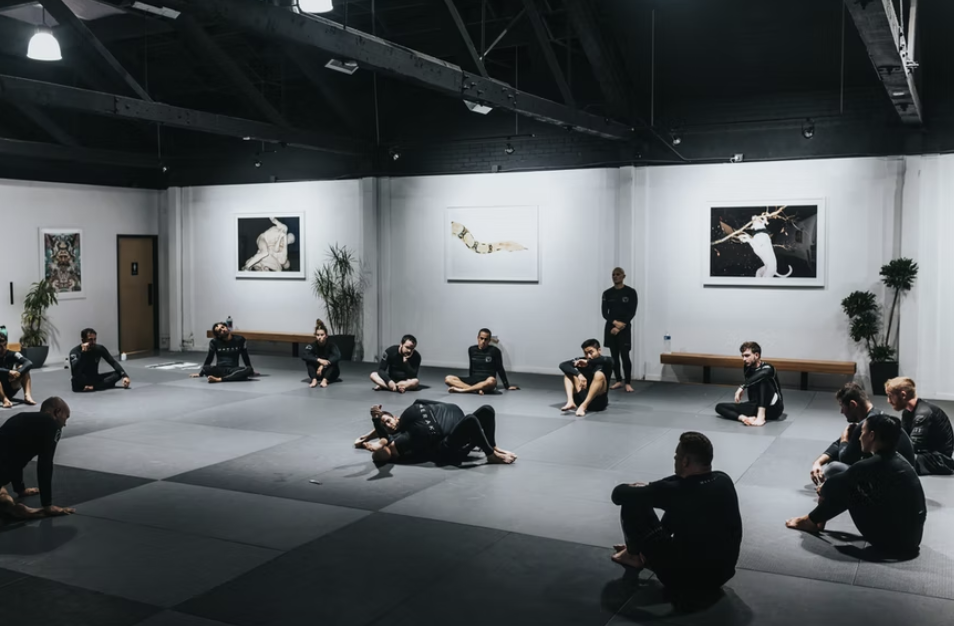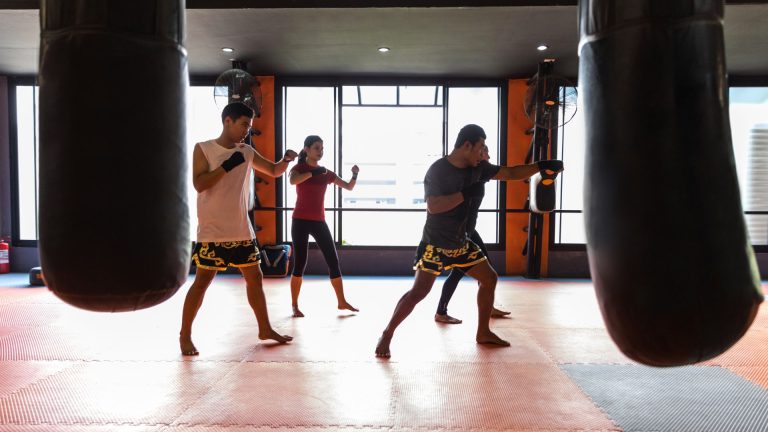10 Things To Know When Learning About Opening a Martial Arts Academy
A martial arts academy has the same requirements as other related businesses. You need to consider various factors when learning about opening a martial arts academy. If you’re planning to open one, it’s best to be prepared. Know what you should do before you accept students in your martial arts studio.
In the U.S., over 45,586 martial arts gyms provide instructions for students that want to learn anything from Mixed Martial Arts, Taekwondo, Brazilian Jiu-Jitsu, and many other combat sports. The $9 billion-worth market of the martial arts gym industry employs 67,685 staff and instructors. If you’re learning about opening a martial arts academy, you must know the essentials to run the business.
Providing better service for your martial arts students comes with proper preparation. Students will be more interested in joining a martial arts academy that has everything in place – be it from an accessible location, website, transparent fees, and helpful staff.
1. Have a Business Plan Ready
Putting up a business plan provides you with a direction of how you will be operating the martial arts gym. You can specify goals and how to achieve them. The business plan includes various aspects of the operation – from finances, marketing, and how you want to grow the martial arts studio.
Lay out what are your plans for the next three or five years. When you have a business plan, you will be more strategic in how you operate the martial arts studio. Everything from finances, marketing, student acquisition, and many other business activities will be set in stone.
2. Secure the Location
The location is crucial when it comes to opening a martial arts academy. Ideally, you should have the facility in an accessible area for your future students and target crowd. Spot an area where the majority of your prospective students reside or are near to them.
If you already have a location in mind, observe the surrounding area or neighborhood. What demographics will you be attracting? Will they be office workers, college students, or children from a residential area? Also, find out if any nearby gyms provide martial arts instructions as a potential competitor.
3. Create a Martial Arts Studio Brand
Your martial arts studio must have a brand that people can easily recognize. This can be via the logo, color palette, tone of messaging, and other branding essentials. Make the martial arts studio different from the competing gyms.
Put up a brand that reflects your martial arts gym. What martial arts instruction do you offer? Is it Taekwondo, BJJ, or other combat sports? Align the branding according to the type of classes that you offer. You could even make the martial arts brand attractive to your prospective students, making them relevant for either martial arts enthusiasts or competitive athletes.
4. Make a Website
In today’s digital environment, a website is a must for a business like a martial arts academy. You need to have an online presence where students and interested persons can learn more about your gym. The website is an extension of your martial arts studio.
Having a website allows you to reach more students online. It is an essential marketing tool that provides you with more flexibility in terms of asking inquiries or even processing enrollments to the gym.
5. Do Advertising and Marketing
Students are the lifeblood of a martial arts business. Attract students to your martial arts studio by having a strategy on how to advertise and market your facility. Prepare an advertising and marketing strategy that works well for the martial arts academy.
Come up with an ideal tone for your sales promotions to be more relevant to your target students. Be creative in using different forms of media such as photos and videos that showcase what your martial arts academy offers. Diversify your marketing activities by using a mix of both online and offline channels to reach more martial arts practitioners.
6. Process the Permits and Licenses
You will also need to have proper documentation for the martial arts business. This includes permits, licenses, and tax forms required depending on the state where you will open up the gym. These government forms are required to make your martial arts legal and allowed to operate. Usually, this will vary according to the state or city where you’re planning to open up a martial arts studio.
Martial arts businesses are no exception from other businesses in securing a permit and a license. Other states may require a separate permit for a martial arts facility. You will also be required to pay the proper taxes.
7. Get the Finances in Order
Financial matters need to be settled for a martial arts gym. You may need a separate bank account, credit card, and an accounting system to operate the business. A separate bank account allows you to have a better way of managing the money coming in and out of your martial arts operations.
Look for professional services that will help you have a proper accounting system in place. This will be essential in keeping tabs on your cash flow. By putting up the finances in place, you can determine whether the gym is profitable or not and what you can do to improve the earnings.
8. Establish Pricing
Determine what would be the fees for the martial arts academy. The pricing must be within the range of what your students are willing to pay to use the facility. Find out the optimal pricing that is acceptable for the students and, at the same time, works for your martial arts business.
Among the fees you need to decide on can be the membership fee, monthly fee, coaching charges, or other types of fees that students have to pay to access the services and martial arts facility. You may have a different fee for one-on-one coaching versus a per-group session. It may also differ according to the level of instructors that will be teaching students inside the gym.
9. Recruit Staff
A martial arts academy won’t run the operations by itself or with only you manning the facility. You have to hire staff that will assist the students while they’re using the facility. Ideally, they must be passionate about martial arts or have the willingness to take part in your martial arts studio.
Choose a team of martial arts crew that knows how to build rapport with clients, and you know you can trust to look after the martial arts academy. As for the instructors, look for ones who are skilled in their craft and, at the same time, have a positive work ethic.
10. Find Insurance for the Martial Arts Gym
Practicing martial arts runs the risk of accidents while students do training. The property also needs to be secure in times of untoward incidents. Thus, the need to find proper insurance coverage.
Depending on your state, various insurance policies are available for you to choose from. Insurance is one of the requirements when it comes to opening a martial arts business to protect commercial property and be liable for damages. It is also required for the safety of the people who will be taking instructions from your martial arts studio.
Learning martial arts business doesn’t have to be complicated. Once you understand that it is the same as other businesses, you can have a martial arts studio that students flock into joining and is profitable as well.




